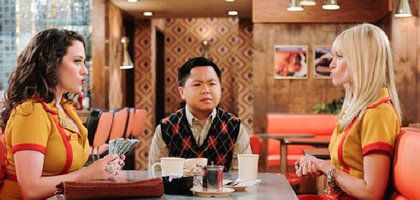让专才和通才各得其所
|
Inexperience is the new qualification for high political office. In France, about half the new and diverse MPs for Emmanuel Macron’s En Marche party have never been elected before. In their favour: freshness, a willingness to challenge convention, and mixité, or “mixedness”. Against: naivety, a potential lack of discipline, reliance on outside advice.
“At times, it felt like being in an induction seminar at Renault,” grumbled one former French socialist MP, now part of En Marche, describing the weekend of workshops and presentations before their first parliamentary session last week. What seems to work in politics, though, is viewed with suspicion in business. The appointment of a person with expertise from one domain to run a company or division in another is still considered hazardous. Deep knowledge remains a precondition for joining many corporate boards. Yet, at the risk of endorsing politician Michael Gove’s daft dictum, ahead of the Brexit referendum, that Britain had “had enough of experts”, there is something to be said for knowing nothing. As think-tank Tomorrow’s Company puts it in a new report, “the board does not need experts on topics”. What is more, studies suggest a surfeit of specialists can be actively dangerous. One key to achieving the right mix of know-alls and know-nowts is distinguishing between expertise and experience. One rule of thumb: it is better to hire experienced non-experts than inexperienced specialists. Many pundits wondered, for instance, whether Carolyn McCall would be able to transfer skills learnt running the media group that owns the Guardian newspaper to easyJet. Yet she and the budget airline have thrived since she took the controls in 2010. Ms McCall may not be an expert aviatrix, but nobody is asking her to fly the aircraft. She has experience in building new routes to growth and recognising opportunities to improve customer service — which she has applied both at Guardian Media Group and easyJet. As it happens, Willie Walsh, Ms McCall’s counterpart at rival International Airlines Group, parent of British Airways and Iberia, is a qualified pilot. Clearly it is not an irrelevant skill. But neither is it essential — and easyJet’s shares have soared above IAG’s since 2010. What generalists lack in depth, they can make up in breadth. McKinsey analysed chief financial officers who had become chief executives, almost always through internal promotion. By definition, many lacked hands-on operational expertise. But the consultancy found they were better at developing detailed strategies, helped by their familiarity with their companies’ people and culture. Where does this leave the technical experts? Recent research has shown that if they have too much power and influence, they can bring down the company. The academics Juan Almandoz and András Tilcsik examined boards at small US community banks. Confronted with uncertain or complex conditions, boards with a higher proportion of banking experts ran an increased risk of making poor decisions and even of failing outright. Boards overloaded with experts, though, tend to be overconfident. Protests are drowned out — if they are made at all. “Outsiders can ask the awkward questions,” points out Tomorrow’s Company, but only if there are enough of them to combat the insidious slide towards groupthink. |









